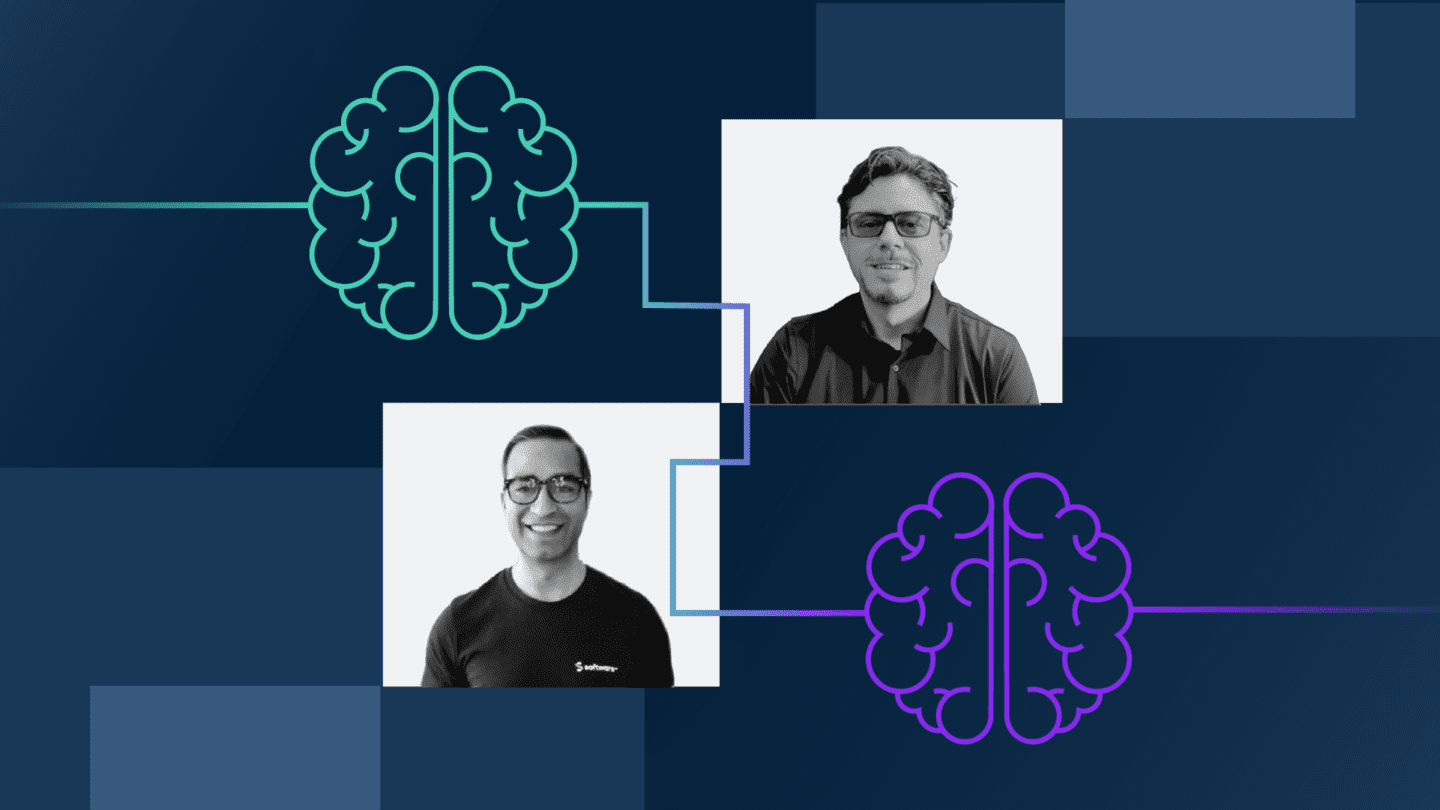Leaning Into the Future: An Interview with Sanjay Brahmawar
A thrilling conversation with Software AG CEO Sanjay Brahmawar about the rise of generative AI and its potential for digital transformation.

As the world races towards digital transformation, generative AI technologies like ChatGPT have emerged as game-changers. They’re reshaping industries, from finance to retail, and offering innovative solutions for managing technical debt and API security. I had the pleasure of discussing these emerging trends with Sanjay Brahmawar, CEO of Software AG.
AI: A Disruptive Force Across Industries
Generative AI technologies have become a hot topic in businesses worldwide. Goldman Sachs estimates that this technology could lead to a 7% annual increase in the global GDP over a 10-year period. It’s not just a fleeting trend – it’s the dawn of a new era.
In finance, AI can enhance fraud detection, credit scoring, and risk management. It also streamlines processes and generates personalized advice for clients. The retail industry can also leverage AI to enhance personalization, optimize supply chain management, and improve forecasting and pricing strategies for better customer satisfaction and profitability.
Software AG’s webMethods connectors are making it easier than ever to adopt and integrate with AI-driven APIs. The recently launched ChatGPT API Connector for webMethods.io helps businesses seamlessly integrate with AI.
The Role of AI in Managing Technical Debt
Technical debt can creep up on a business and accumulate quickly, with a multitude of contributing factors. Generative AI, like ChatGPT, can use massive data models to reduce this debt through next-level code-generation and advanced forecasting capabilities. It also streamlines administrative and documentation tasks.
While some fears have been expressed about the role of AI, it’s clear that it can boost worker productivity. You’ll see AI automating the application of an organization’s best practices, leading to increased profitability.
The Need for a Robust API Security Strategy
As the number of APIs grows exponentially, so too do the risks. We’re seeing more organized, malicious attacks, making API security more critical than ever.
A solid API security strategy needs to focus on three keys:
- Restricting who has access and what data is shared
- Monitoring and protecting APIs and integrations in real-time
- Ensuring that published best practices are followed
A properly configured API Management system is the foundation for protecting your APIs from attackers, whether they’re human or AI.
“Safeguarding your APIs has never been more critical. We have seen an exponential growth in APIs as well as very organized, malicious attacks.”
Brenton House, VP of Digital Evangelism at Software AG
Looking to the Future
I would like to extend my thanks to Sanjay Brahmawar for an insightful conversation. The rise of generative AI presents exciting opportunities for businesses willing to embrace it. As we move forward, it’s clear that these technologies will play a significant role in shaping the digital landscape.
But the conversation doesn’t stop here. I’m thrilled to share that Software AG has just announced the launch of webMethods AI. This revolutionary autonomous integration platform democratizes the process of integration by translating your team’s business requests into custom connections and workflows. In other words, integration is now a team sport with webMethods AI. It allows anyone to easily connect the systems they use every day, simply by asking.
I encourage you all to check out webMethods AI and explore its potential. It could be the solution you need to efficiently adopt and integrate AI-driven APIs into your workflows, further enhancing your digital transformation journey.
As we look ahead, remember that we’re in the midst of a new revolution, and tools like webMethods AI will securely lead us into this exciting future. Stay informed, stay secure, and let’s continue to innovate together.
Watch the full conversation here: